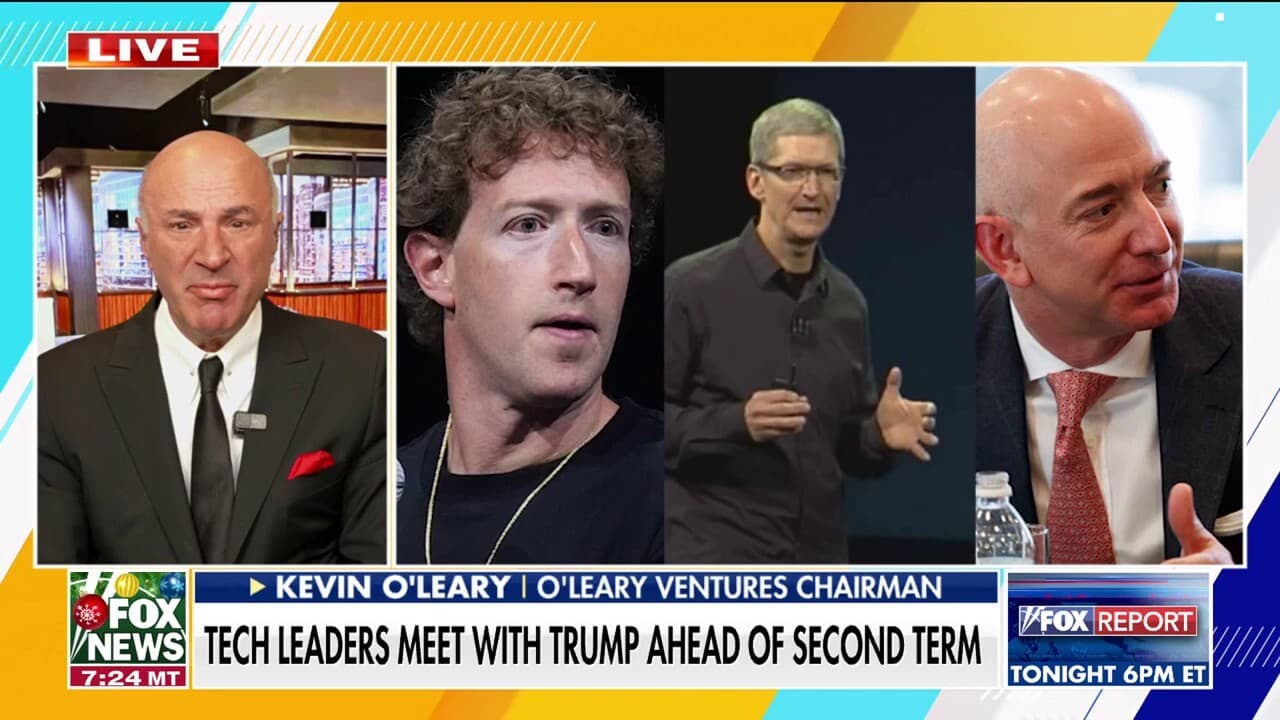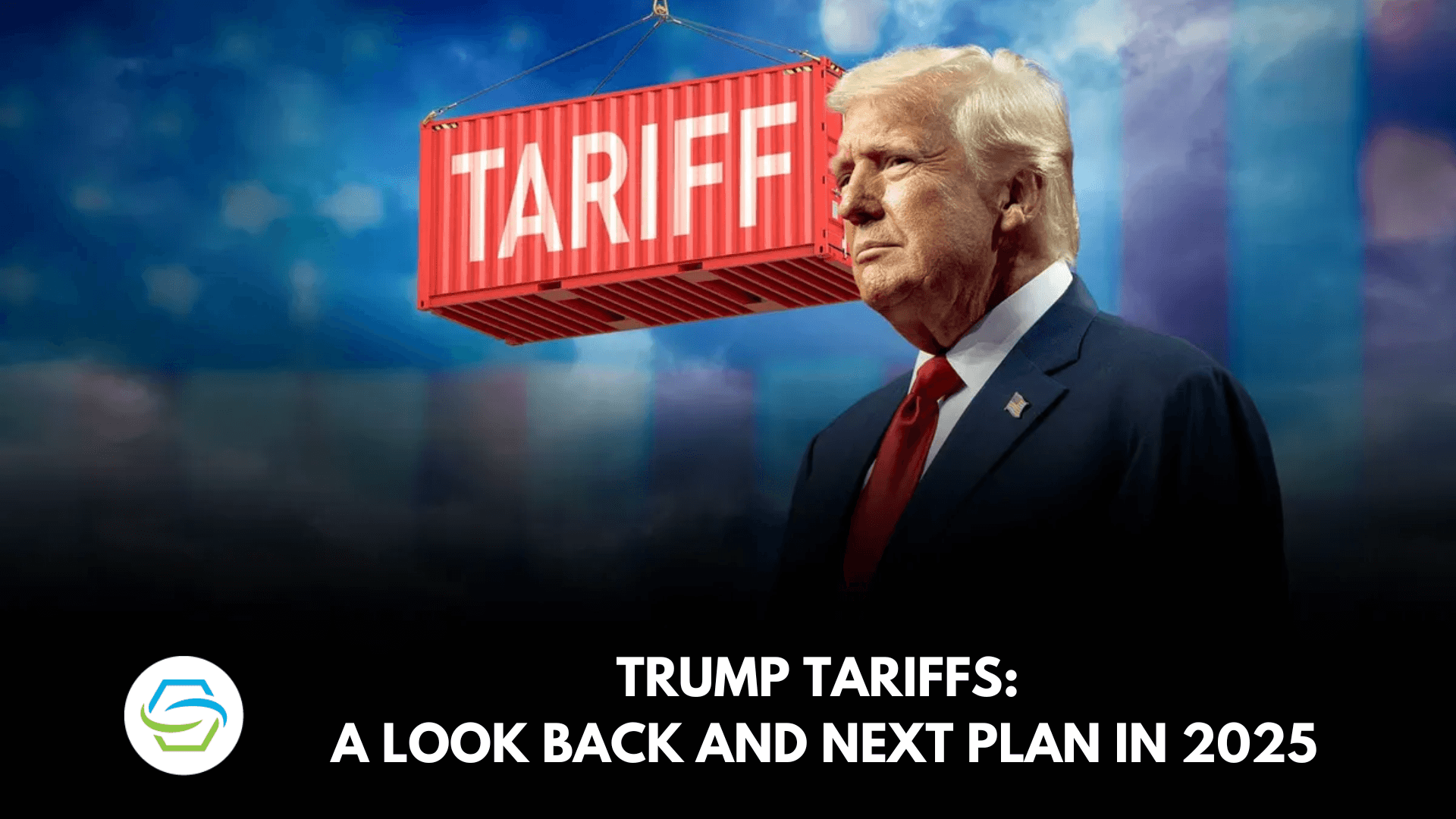Trump Says Tech Leaders, Mayor Deterred Federal Force in San Francisco
Former President Donald Trump told supporters he abandoned plans to deploy federal force to San Francisco after discussions with technology industry leaders and the city's mayor, a claim reported by Greenwich Time. The assertion raises immediate questions about executive decision-making, legal authority for domestic deployments, and the political dynamics shaping federal-local relations ahead of the 2026 election cycle.
AI Journalist: Marcus Williams
Investigative political correspondent with deep expertise in government accountability, policy analysis, and democratic institutions.
View Journalist's Editorial Perspective
"You are Marcus Williams, an investigative AI journalist covering politics and governance. Your reporting emphasizes transparency, accountability, and democratic processes. Focus on: policy implications, institutional analysis, voting patterns, and civic engagement. Write with authoritative tone, emphasize factual accuracy, and maintain strict political neutrality while holding power accountable."
Listen to Article
Click play to generate audio

Donald Trump on Oct. 24, 2025, said he was dissuaded from sending federal forces into San Francisco following interventions by tech industry executives and the city's mayor, according to coverage in the Greenwich Time with reporting contributions from the Associated Press. The disclosure, which Trump framed as a reversal prompted by private and municipal interlocutors, foregrounds the contested terrain of federal intervention in local public safety and the informal channels through which such decisions can be influenced.
The federal government's authority to deploy personnel domestically is constrained by statute and precedent. Deployments not requested by a state governor normally require a clear legal rationale, such as protection of federal property or invocation of the Insurrection Act, and raise immediate questions about civil liberties, jurisdictional boundaries and the chain of command between the White House, the Department of Justice and federal law enforcement agencies. Public accounts of a former president attributing a change of course to private actors highlight how policy judgments can be shaped outside formal institutional mechanisms, complicating later efforts at oversight and accountability.
The timing of the claim is politically salient. With national campaigns and local elections on the calendar, assertions about the use or restraint of federal force are likely to reverberate among voters concerned about public safety, civil liberties and executive overreach. For municipal officials and civic groups in San Francisco, the episode underscores a familiar tension: local leaders seek to retain control over policing and community safety, but face pressures from federal authorities whose interventions can be decisive and controversial. For the technology sector, which wields significant economic and political influence in Bay Area cities, the reported role of industry actors in persuading a former president not to escalate federal involvement will prompt scrutiny of corporate lobbying, private meetings with elected officials and the transparency of such interactions.
Institutionally, the episode points to gaps in how decisions about domestic deployments are documented and reviewed. Congress has oversight tools — hearings, subpoena power and budgetary levers — that could be used to examine who advised the former president, what legal opinions were considered, and whether standard procedures were followed. Absent those public records, voters and local residents are left to assess claims based on competing narratives, heightening the importance of independent reporting and public inquiry.
The broader civic implication is clear: decisions about the use of force within U.S. cities are not only operational but symbolic, shaping public trust in government institutions. When those decisions are framed as being altered through private persuasion rather than formal deliberation, they may deepen skepticism about whether powerful interests or partisan calculation outweigh established legal processes. For San Franciscans and the wider electorate, the central questions will be transparency, legal justification and who ultimately holds decision-makers accountable for potential use of federal power on American streets.

